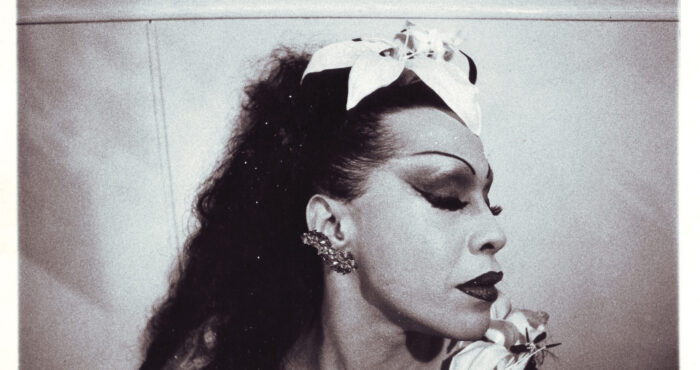Continuing the Fight for Equality: The Ongoing Struggle Against Anti-Drag Legislation

“There has been an onslaught of attacks against our innocent children,” Kentucky state representative Lindsey Tichenor said as she put forth a bill banning drag performances to her state assembly.
She’s right about one thing. Our children are under attack, not from drag queens, though, but from hate and intolerance.
Another bill in Idaho would allow parents to be sued up to $10,000 for watching certain shows featuring “sexual content,” and many argue that the language wields a strategic undertone targeting drag shows. Both the Kentucky and Idaho bills have advanced out of committee, and momentum will likely carry them to their respective governor’s desks. In fact, a wave of Republican lawmakers introduced at least 26 bills to restrict drag events in 14 US states early in the 2023 legislative session.
Tennessee’s state legislature, however, moved the fastest.
On Thursday, March, Tennessee became the first state among the pack to sharply restrict drag performances. The state’s governor, Bill Lee, signed a bill banning the shows on public property and in places where minors could watch them. The bill, reading almost like a zoning law, prohibits drag performances within 1,000 feet of schools, public parks, or places of worship. Violators face misdemeanor charges in the first instance, punishable by a fine up to $2,500 and/or up to a year in jail, with more severe consequences for repeat offenders.
Some suggest that maybe the law won’t be as far-reaching as the authors of these bills would hope, according to the A.C.L.U. of Tennessee. “The law bans obscene performances, and drag performances are not inherently obscene,” Stella Yarbrough, the legal director of the A.C.L.U. of Tennessee, said in a statement.
The Tennessee bill defines drag performers as “male or female impersonators.” It’s this imprecise language that has civil rights leaders also concerned. It’s part of a subtle and sinister way to criminalize further just being trans, some suggest. What defines drag? Who will define a male or female impersonator? Will people be arrested for just walking down the street for being trans next? These are important questions that the Tennessee bill leaves open for contemplation, leaving the safety of our LGBTQ+ community up for debate.
“Perhaps it’s easier to make drag the bogeyman, because it’s seen as a profession,” San Francisco cabaret artist and performer Ryan Patrick Welsh (he/she/they) said. “It’s easier to attack a profession than it is to attack people, but actually nevermind we’re actually seeing both happen,” Ryan Patrick continued.
Making the anti-drag and anti-trans linkage even more apparent, Tennessee governor Bill Lee also recently signed separate legislation that bans transgender minors in Tennessee from receiving gender-affirming care like puberty blockers, hormones, and surgery. As Tennessee demonstrates the possible, there’s a dam of other restrictions to our civil rights ready to be unleashed, many fear.
“Also, it has nothing to do with kids,” Ryan Patrick continued. As a key member of the Baloney crew, known for powerful vocal performances and gender-bending dance moves, Ryan Patrick says, “My shows aren’t for kids,” Ryan Patrick says. “But these parents who argue they’re protecting their kids are using their kids as a shield for their transphobic ideas. It’s they themselves that don’t want to see drag. That’s what’s really going on.”
One hundred fifty years ago in San Francisco, Ryan Patrick’s performance would have been illegal. In 1863, as part of a broad anti-indecency campaign, San Francisco adopted a law that criminalized any person appearing in “dress not belonging to his or her sex.” In other words, anti-drag legislation isn’t new. The good news is that we’ve seen these sorts of attacks on our community before. These laws historically haven’t stood the test of time. We know how to mobilize and fight back just like the times before.










